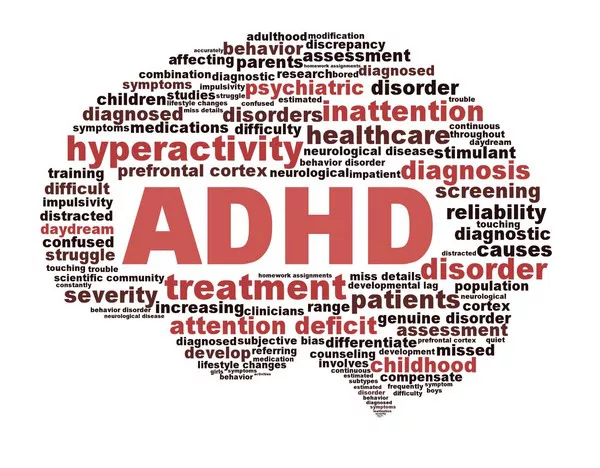While stimulant medications like methylphenidate and amphetamines remain the most common treatment for ADHD, concerns about side effects and potential for misuse have driven research into non-stimulant alternatives. A recent Phase III clinical trial conducted by Takeda Pharmaceuticals has shown that a novel non-stimulant drug, dubbed TAK-503, significantly improves attention and reduces hyperactivity in children and adults with ADHD.
TAK-503 works by selectively targeting alpha-2 adrenergic receptors in the prefrontal cortex, an area of the brain responsible for executive functions. Unlike stimulants, which broadly increase dopamine and norepinephrine levels, this drug fine-tunes neural activity without the risk of addiction or cardiovascular side effects. The trial involved 600 participants over 12 weeks, with those receiving TAK-503 showing a 40% reduction in ADHD symptoms compared to placebo.
Experts suggest that this drug could be particularly beneficial for individuals who do not respond well to stimulants or have a history of substance misuse. Further studies are underway to assess long-term safety and efficacy, but early results have been met with optimism. If approved, TAK-503 could become a first-line treatment option, offering a safer alternative for millions of people worldwide.
You Might Be Interested In:
- The Rise of Digital Therapeutics: FDA-Cleared Apps for Adjunct Psychopharmacology
- Personalized Medicine in Psychiatry: Genetic Testing Guides Psychotropic Drug Selection
- The Rise of Digital Therapeutics: AI-Powered Apps for Anxiety Management Show Remarkable Efficacy

